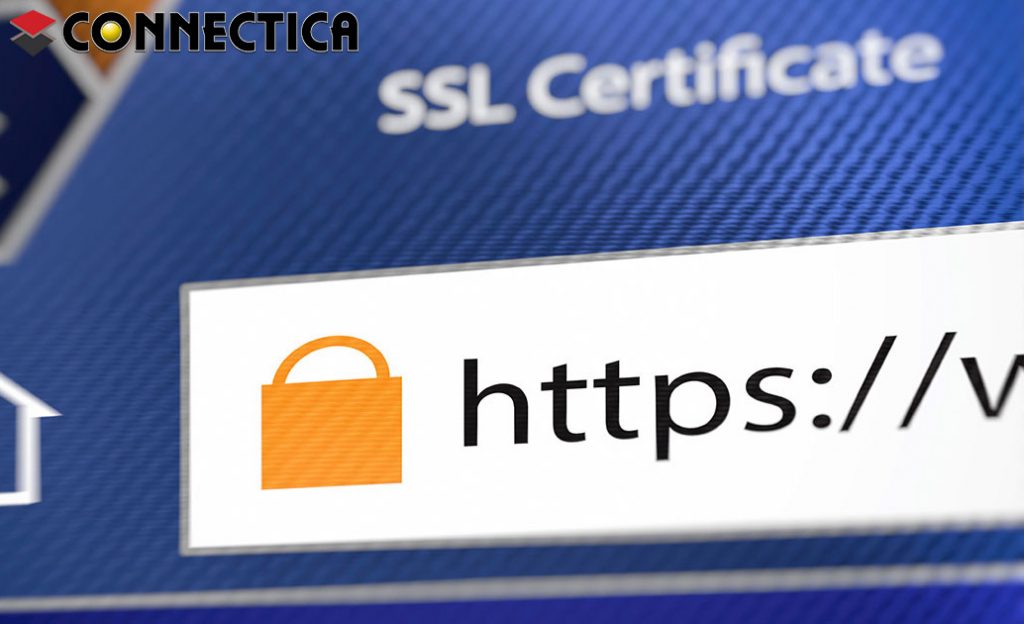If you have a website or are thinking about launching one, chances are you’ve heard about SSL certificates. A growing number of websites are installing these small but mighty digital certificates every day. Once viewed as a “nice-to-have” security measure, over the past few years SSL certificates have quickly evolved into a “must-have”.

Why exactly is that? Read on and you’ll find out. Here are the top three reasons why having an SSL certificate is a necessity.
1. Your site will be more secure
The most obvious place to start is to address what an SSL certificate does and why it’s so important. Simply put, an SSL certificate uses something known as the TLS protocol to create an encrypted connection between a server (often a website) and a client (often a user’s browser). Encryption basically renders any information sent over a connection unreadable to third-parties.
As an example, let’s say you run an e-commerce website and someone wants to make a purchase. When they enter their credit card details during the transaction process, having an encrypted connection means it won’t be intercepted in transit. Having an encrypted connection is paramount for all websites, but especially those that ask users to hand over sensitive information.
2. You’ll build trust with users
Appearing trustworthy is so important, particularly if you want to build a following or attract customers. Having an SSL certificate installed on your site is an instant marker of trust. Website users are becoming more savvy when it comes to security and things they should look out for, and this includes SSL indicators, such as the browser address bar padlock and “HTTPS” prefix. If these key indicators are missing on your site, it’s likely they’ll take their browsing elsewhere.
3. Your site will be browser-approved
In the past few years, major web browsers, such as Google Chrome and Mozilla Firefox, have taken a strict stance against websites without an SSL. If a user attempts to visit a site that isn’t SSL-secured, they’ll likely get a warning message from the browser saying the it’s “Not Secure” or “Not Trusted”, advising them not to proceed. In all likelihood, the user won’t proceed (would you, after seeing a scary message like that?). In 2020, not having an SSL certificate is a surefire way to scare away potential visitors. And what’s the use of a website with no visitors?
Conclusion
As you can see, having an SSL on your site these days is of the utmost importance. If you’re thinking about creating a website, securing it with an SSL certificate should be a top priority.